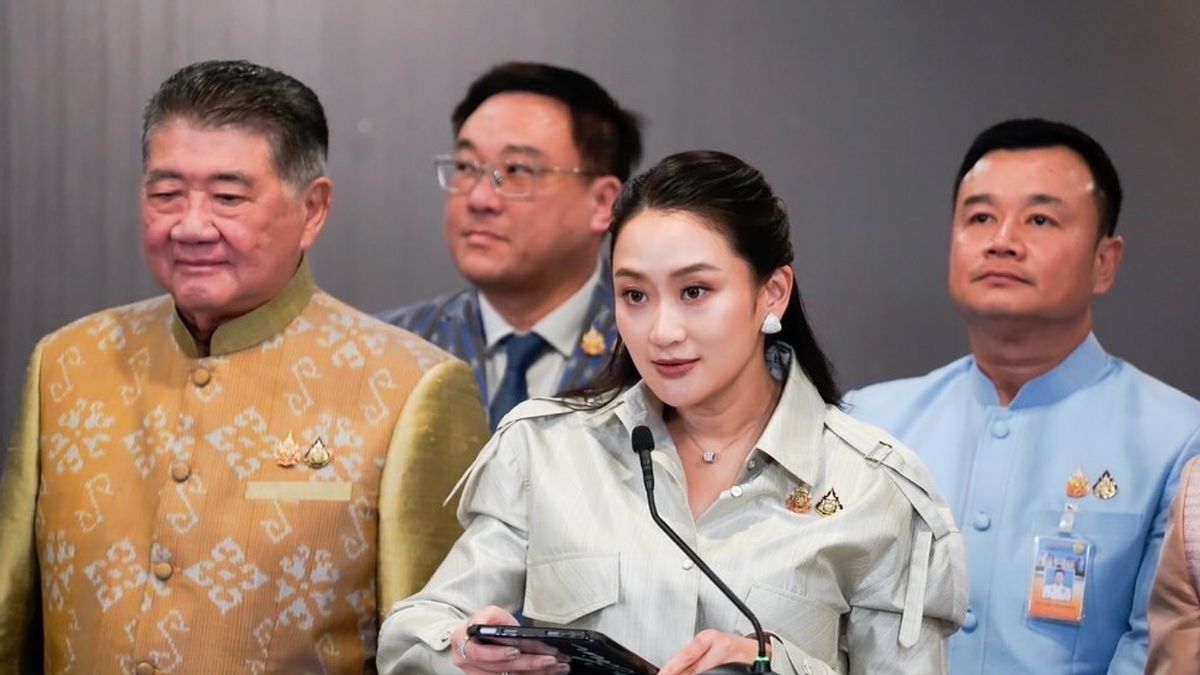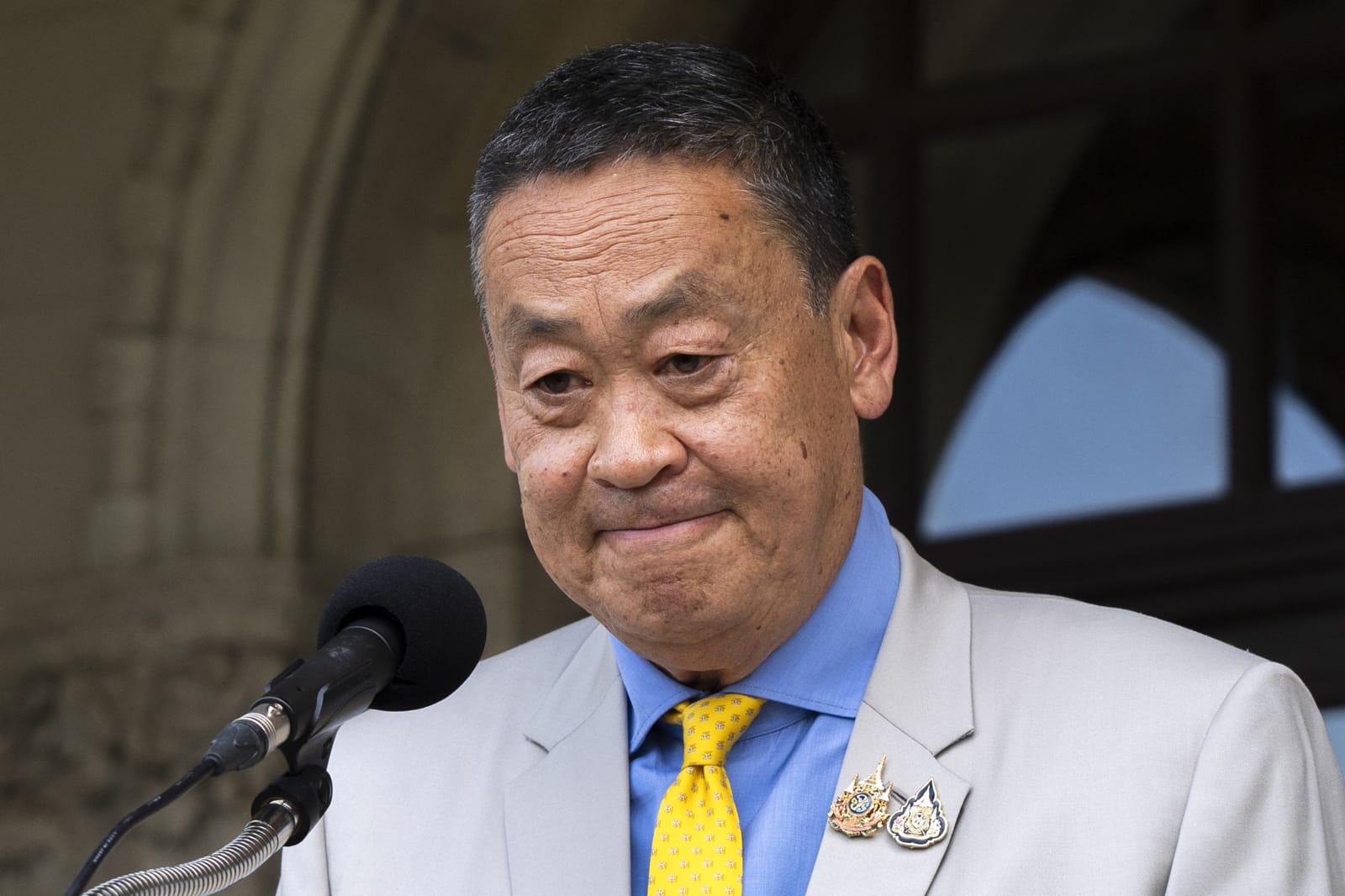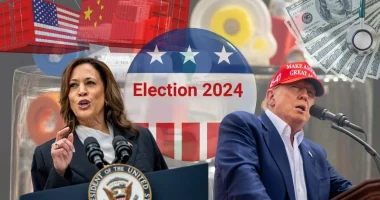Thailand Gains Time for Strategic Negotiations
PM Highlights Importance of Thorough Preparation
Thailand’s Prime Minister, Paetongtarn Shinawatra, has welcomed the U.S. decision to delay tariff increases for 90 days, describing it as a critical window to refine the country’s negotiation strategy. The pause, announced by former U.S. President Donald Trump, applies to nations facing tariffs above 10%, offering Thailand a chance to secure better trade terms.
“Thailand must prepare thoroughly and analyze the situation from all angles,” Paetongtarn emphasized. She also noted that while no date has been set for Finance Minister Pichai Chunhavajira’s visit to Washington, the U.S. has acknowledged Thailand’s intent to engage in discussions.
ASEAN Collaboration and Independent Efforts
Balancing Regional and National Strategies
The Prime Minister suggested that Thailand should explore negotiating both independently and through ASEAN partnerships. “If ASEAN collaboration provides greater leverage, it’s worth pursuing,” she said, while underscoring the need for strong national efforts in parallel.
This dual approach reflects Thailand’s intent to maximize its bargaining power while addressing broader regional concerns about the impact of U.S. tariffs on Southeast Asia’s export-driven economies.
Addressing Domestic and Regional Challenges
Navigating Economic Risks and Trade Deficits
Thailand faces a steep 36% tariff rate imposed by the U.S., one of the highest in the region. This has prompted Thai officials to propose measures such as increasing imports from the U.S., reducing tariffs on American goods, and addressing non-tariff barriers. These efforts aim to balance trade relations and mitigate risks to Thailand’s economy, which heavily relies on exports.
Additionally, Thailand plans to diversify its export markets to reduce dependency on the U.S., while also exploring opportunities for long-term competitiveness in industries like agriculture and advanced technology.
Leveraging Fair Negotiations Amid Political Dynamics
Balancing Trade Talks with Broader Diplomatic Issues
Prime Minister Paetongtarn addressed concerns about whether unrelated diplomatic issues, such as the case of American academic Paul Chambers, might influence trade negotiations. She stressed that fairness must guide discussions: “We must negotiate on equal terms while maintaining good faith.”
Thailand also aims to position itself as a reliable trade partner by proposing mutually beneficial collaborations in sectors like food processing and advanced technology, aligning with U.S. interests in global market growth.
Broader Implications of Trump’s Tariff Policies
Regional Impact and Strategic Adjustments
Trump’s tariff policies have sent shockwaves across Southeast Asia, with neighboring countries like Vietnam and Cambodia also facing significant economic challenges due to high tariff rates of 46% and 49%, respectively. For Thailand, the delay provides an opportunity not only for bilateral negotiations but also for regional coordination to address shared economic vulnerabilities.
Economists warn that failure to act decisively could result in disruptions to supply chains and increased competition from cheaper imports, particularly from China. This underscores the urgency for Thailand to secure favorable terms during this critical negotiation period.
A Path Toward Economic Stability
Optimizing Opportunities Amid Global Trade Tensions
The Thai government remains committed to fostering long-term trade stability with the U.S., leveraging this delay as an opportunity to strengthen its economic resilience. By balancing domestic priorities with regional collaboration, Thailand seeks not only to mitigate immediate risks but also to position itself as a key player in future global trade dynamics.









